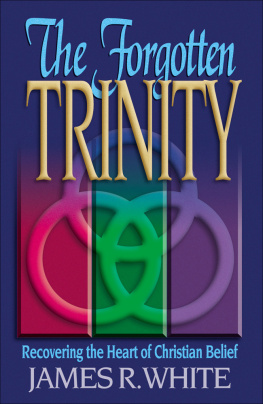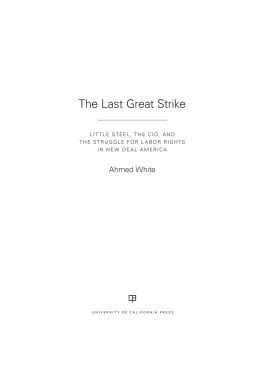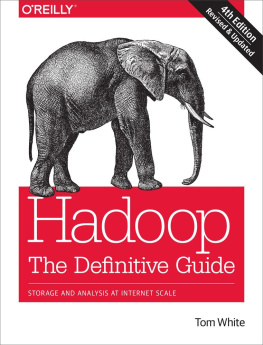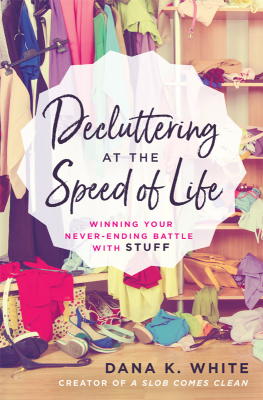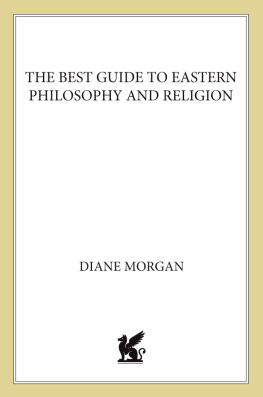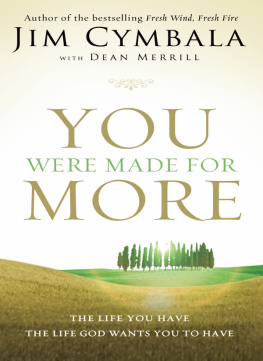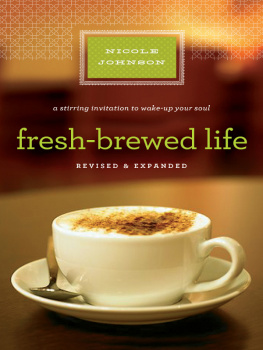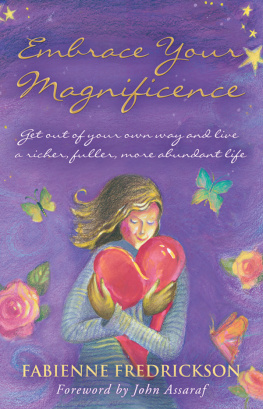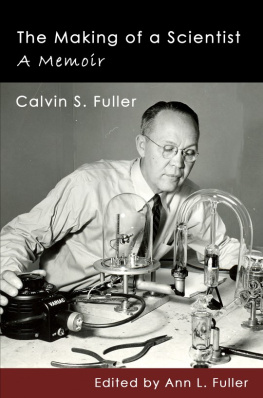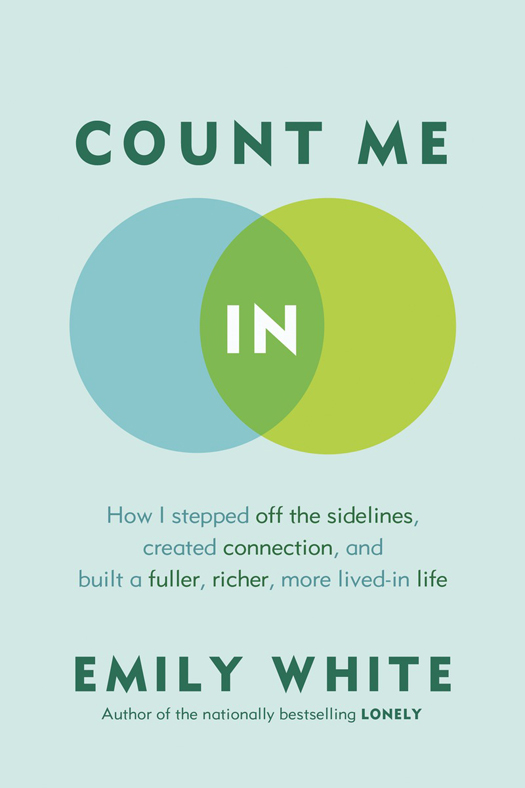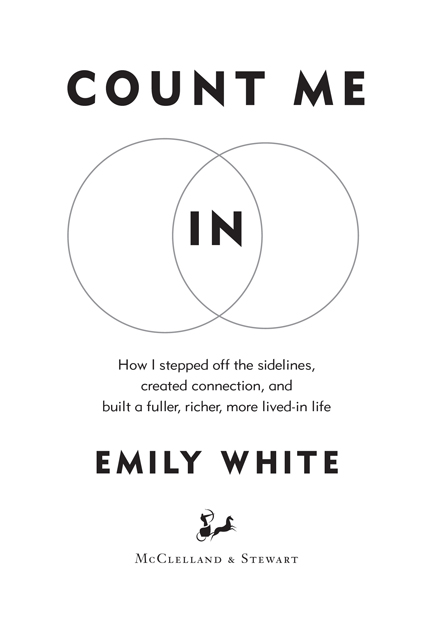ALSO BY EMILY WHITE
Lonely: Learning to Live with Solitude
Copyright 2015 by Emily White
All rights reserved. The use of any part of this publication reproduced, transmitted in any form or by any means, electronic, mechanical, photocopying, recording, or otherwise, or stored in a retrieval system, without the prior written consent of the publisher or, in case of photocopying or other reprographic copying, a licence from the Canadian Copyright Licensing Agency is an infringement of the copyright law.
Emily White would like to sincerely thank the Canada Council for the Arts, the Ontario Arts Council, and the Access Copyright Foundation for their generous support of this work.
Names and identifying characteristics of individuals discussed in this book have been changed to protect their privacy.
LIBRARY AND ARCHIVES CANADA CATALOGUING IN PUBLICATION
White, Emily J., 1970-, author
Count me in : how I stepped off the sidelines, created connection, and built a fuller, richer, more lived-in life / Emily White.
ISBN 978-0-7710-8771-4 (bound).ISBN 978-0-7710-8774-5 (html)
1. Interpersonal relations. 2. Social interaction. 3. Relationship quality. 4. White, Emily Jane, 1970-. I. Title.
HM 1106. W 45 2015 302 C2014-904653-7
C2014-904654-5
Psychological Home Scale () Sandra Sigmon, Stacy Whitcomb, and C.R. Snyder. Used with permission.
Neighbourhood Sense of Community Scale () Jack Nasar and David Julian. Used with permission.
Fear of Criticism Scale () Peter Bieling, Aaron Beck, and Gregory Brown. Used with permission.
Designed by Leah Springate
McClelland & Stewart,
a division of Random House of Canada Limited,
a Penguin Random House Company
www.penguinrandomhouse.ca

v3.1
For my family,
with thanks
We find ourselves not independently of other people and institutions but through them. We never get to the bottom of ourselves on our own.
ROBERT BELLAH ,
Habits of the Heart
CONTENTS
INTRODUCTION
The Challenge of Belonging: Snakes, Stones, and a Recovery Plan
CONCLUSION
Count Yourself In: What I Learned about Belonging, and What You Can Learn Too
INTRODUCTION
The Challenge of Belonging
Snakes, Stones, and a Recovery Plan

T HE SUMMER OF 2012 wasnt a particularly great season for me. The previous year had been stressful: a long-term relationship had ended, and after some difficult weighing of my options, Id left the coastal town Id come to love and returned to the big inland city where Id grown up and lived for much of my life. In the course of this big life change, I lost several friends, three pets, my house, and the plot of the book Id been working on.
I wasnt very happy, but that didnt bother me too much, mostly because happiness has never been a primary interest of mine. In my first year of college, I scrawled out a quote from George Bernard Shaw that read, Happiness and beauty are by-products. The statement felt true at the time, even if, at eighteen, I couldnt quite say why. Now, at forty-four, I understand it quite well. For me, happiness is and always has been a by-product of connection. I love feeling like theres a current running between me and the people around me, like Im on the same wavelength as the places Im in.
The line leading from connection to happiness was switched on early. From the age of four, I shared a bedroom with one of the happiest people on earth: the younger of my two older sisters, Terri. Terri seemed to have been born happy. It wasnt just that she was optimistic and had loads of energy for cheering others up. She looked happy: she had magical white-gold hair that caught the light and made it seem like she was moving within her own private sunbeam. And just as butterflies love sunshine, people flocked to Terri. My mother had a special phone line installed for all the calls coming in from friends and would-be boyfriends. As a little girl, Id lie in bed and pretend to sleep while Terri talked non-stop. It was like listening to water breaking and falling over rocks.
Thats what I came to value: not happiness itself which I saw as something that people like Terri were naturally good at all on their own but the sense of connection that came from lying in the dark and listening to the voice of someone I deeply loved. As I got older, I came to see that finding happiness through connection was really a better fit for my personality. It tied in with my natural desire to tinker, to break my moods down to their component parts and shuffle and reshape them until they were more to my liking. There was something hands-on about connection that appealed to me. If the feeling was a current, I could try to figure out what was blocking it, or assess why the flow felt just right.
Which was what Id been doing in the small town Id been living in. The book I lost when my life hit a bump had been about community. Something about the town had made community feel easy, and Id been trying to zero in on what this was when I was told to pack my bags. The book became impossible I couldnt write about small-town life in a city of five million people but the research Id done was still in my head, and I was puzzling over some of it that summer.
I knew, for instance, that the link I felt between connection and happiness held true for a lot of people. The Harvard University political scientist Robert Putnam argues that the single biggest predictor of happiness is the depth and breadth of your connections; that is, the more people you know, both socially and intimately, the happier youll be.
Thats what I couldnt sort out about my life in Toronto. My usual connection-to-happiness pathway didnt feel charged, and I couldnt spot the problem with the wiring, since I actually had more social ties in Toronto than in the small town Id left. In fact, statistically, I had more ties than most people. The number of people we can count on has fallen in the past thirty years, even with the improvements weve seen in communication technology. On average, the most highly connected person now, complete with a smartphone and a Facebook page, has one-third fewer friends than her analogue counterpart did in 1985. No one can properly explain why this has happened. Some researchers say its due to the isolating effects of technology; others say technology has saved us from the isolating effects of unstable jobs, lower incomes, and higher divorce rates. I wasnt sure which camp I was in, but it didnt really matter, because whichever way I looked at it, I was beating the average when it came to what researchers call confidants. I had four close friends whom Id known for decades, as well as family members my sisters Terri and Chris, my mother, my stepmother, and a bevy of nephews and nieces who had mostly been in place my whole life. Furthermore, with the exception of one friend whod moved from Toronto to rural Quebec, all my close ties lived in the same city as me.



